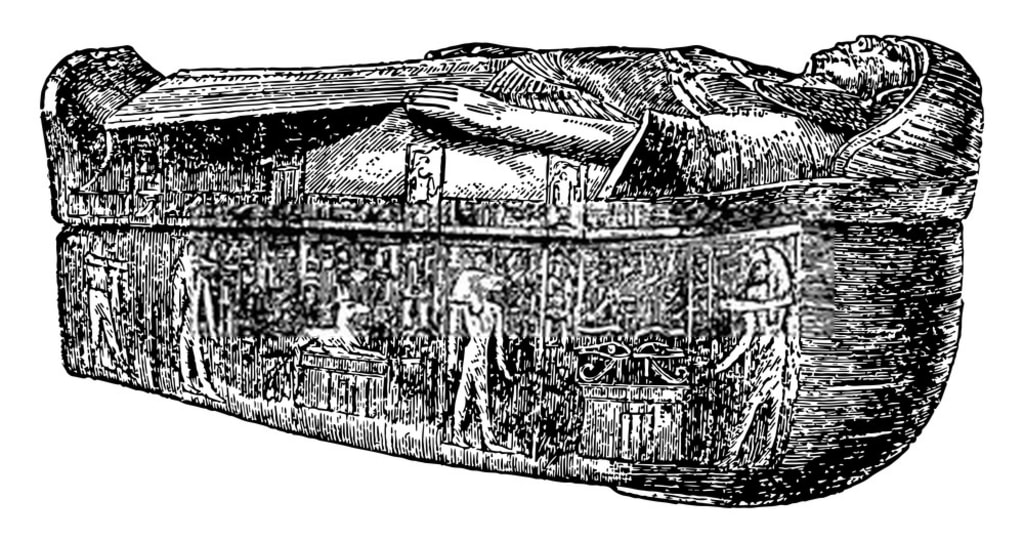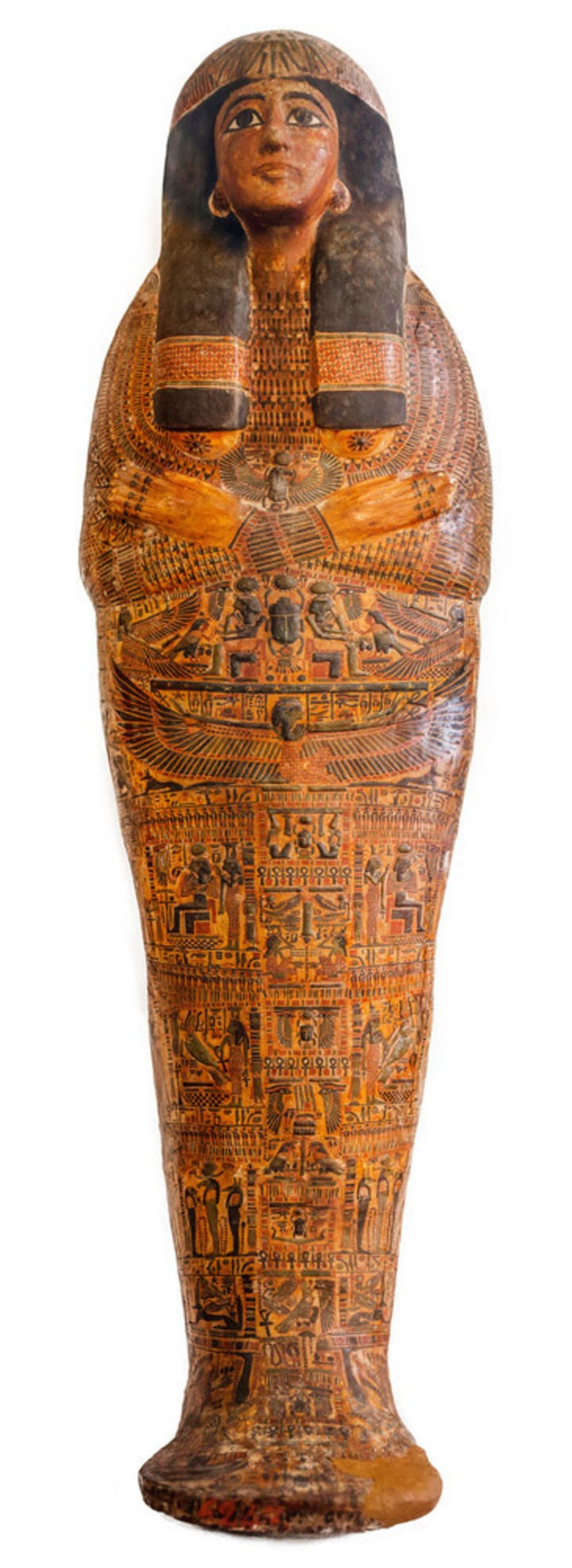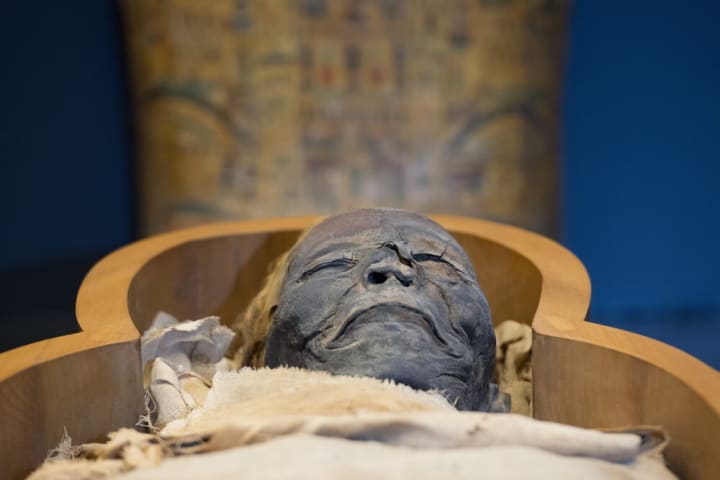Egypt Has Unearthed 160 Ancient Coffins Since September. Some Were Sealed With a curse.
Unbelievable Facts

Egypt Has Unearthed 160 Ancient Coffins Since September. Some Were Sealed With a curse.'
Thousands of years back, ancient Egyptians were laid to rest in Saqqara, an ancient city of the deceased.
Archaeologists have discovered 160 human coffins at the website over the last three months, which they intend to distribute to museums around Egypt. They opened a few to examine the mummies inside.
According to experts, some Saqqara tombs have colorful curses inscribed onto the walls to frighten away intruders.
Salima Ikram, an Egyptologist at the American University in Cairo, analyzed some creature mummies discovered at Saqqara last year.
A coffin was found in Saqqara in September.
"They generally say that if the tomb is entered through an impure person (probably in body and/or intent ), then the council of the gods punish the trespasser, and wring his or her throat like that of a goose," she wrote.
'Fear of visiting ghosts'
The special Saqqara curse Ikram quoted has been discovered in the tomb of the vizier Ankhmahor, a pharaoh's official who dwelt over 4,000 years ago, during Egypt's 6th dynasty. He had been buried in a mastaba: an above-ground tomb shaped like a rectangular box. Similar mastabas were constructed all over Egypt, including close to the Giza pyramids.
The curse meant to protect Ankhmahor, roughly translated, warns that whatever a trespasser"might do from this, my tomb, the same shall be performed to your property" It also warns of the vizier's understanding of secret magic and charms. It threatens to fill"impure" intruders using a"fear of seeing ghosts."
Curses like that have been supposed to discourage grave robbers, Ikram said.
"You wanted to get a fantastic afterlife so that you had a fantastic tomb," she states in the film, including that an individual's tomb could be"decorated with all kinds of scenes of the life they would like to enjoy for eternity."
So trespassers caught trying to steal valuables buried with all the deceased were punished in a manner commensurate to their crime, Ikram said.

Meanwhile, the punishment for violating a noble's grave could include beatings and potentially eliminating a robber's nose, Ikram added. They'd also be required to return the stolen land.
However, the writings on Ankhmahor's tomb welcome people of pure and calm intention, stating that he will protect them in Osiris's courtroom, Lord of the Egyptian Underworld.
Similar curses appear in a few different tombs around Egypt, Ikram said, "together with the majority being recorded by the Old Kingdom" - involving 2575 and 2150 BCE.
Not the mummy's curse out of movies
The writings in tombs such as Ankhmahor's bear little similarity to the mummy's curses depicted in horror movies, which often show unwitting archaeologists killed by the undead after launching burial chambers.
However, some public members weren't keen to see archaeologists open coffins sealed for at least two millennia.
However, Ikram said there is little danger of becoming contaminated with early microbes or fungi by handling the mummies.
"If folks wear masks and gloves, it ought to be OK," she said.

The concept that mummy tombs could contain dangerous pathogens took off in part after archaeologist Howard Carter unearthed King Tutankhamen's tomb in 1922.
A member of Carter's expedition, its financial backer George Herbert died an odd, sudden death six weeks when they opened King Tut's burial chamber.
So some researchers wondered if the tomb had contained a type of toxic mold which could have infected and killed him. This rekindled talk of a"mummy's curse," a notion writer Louisa May Alcott had researched 50 years before. But further research showed Herbert died of blood poisoning from an infected mosquito bite on his cheek.
Carter never places any stock in the fantasy of a mummy's curse, dismissing it as"tommyrot." He lived to the age of 64, dying more than 20 years following his fateful discovery.






Comments
There are no comments for this story
Be the first to respond and start the conversation.